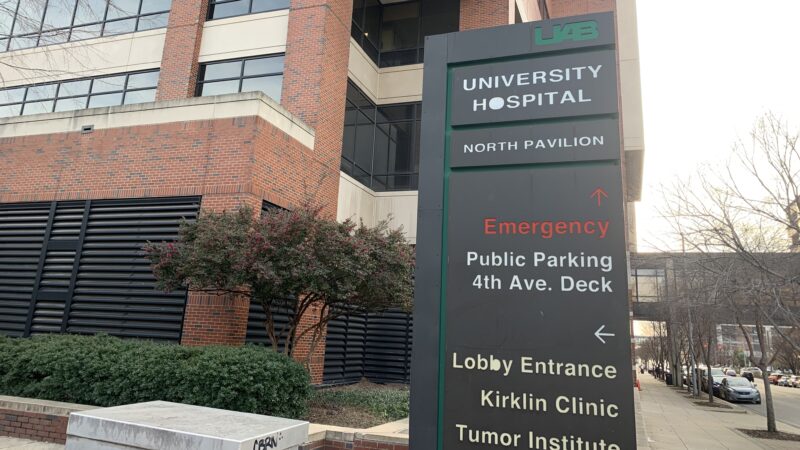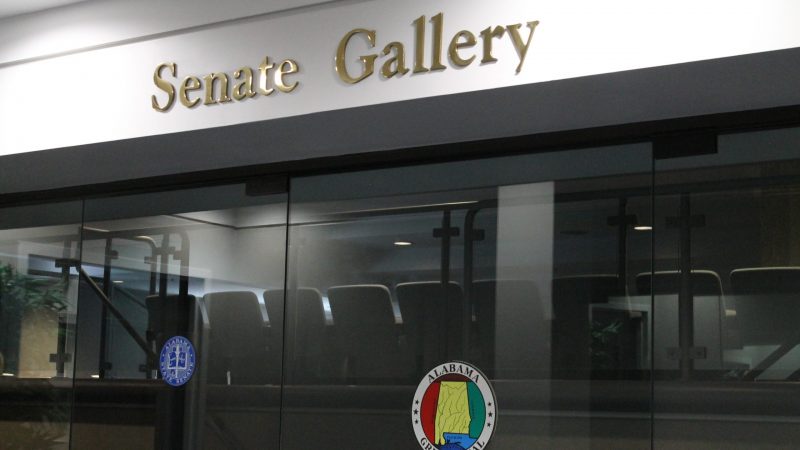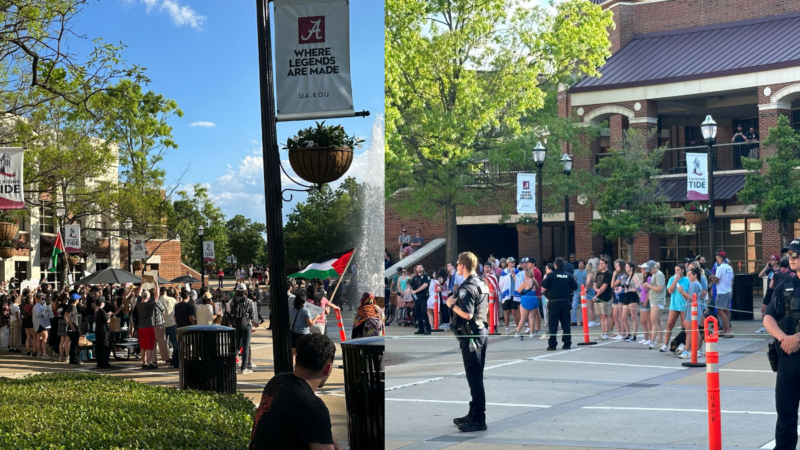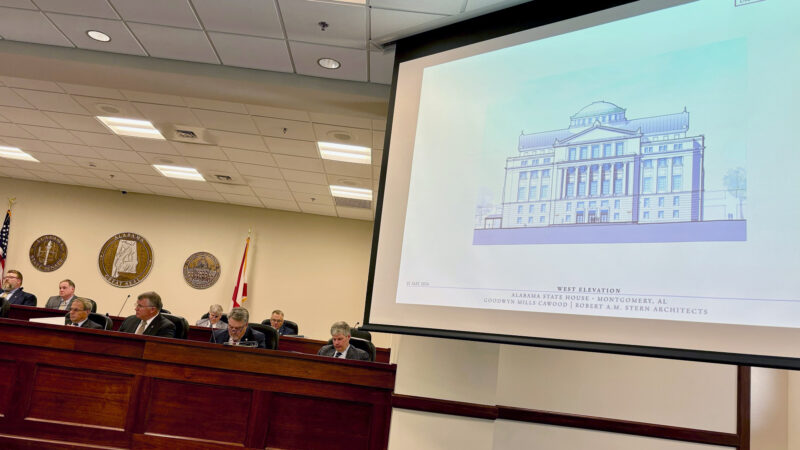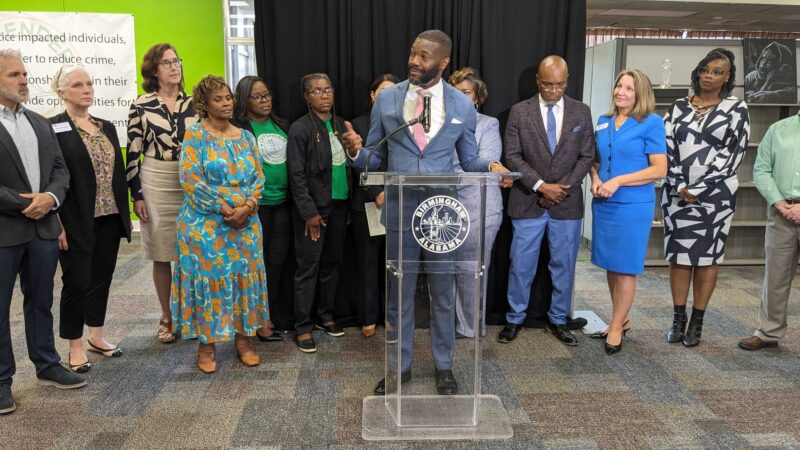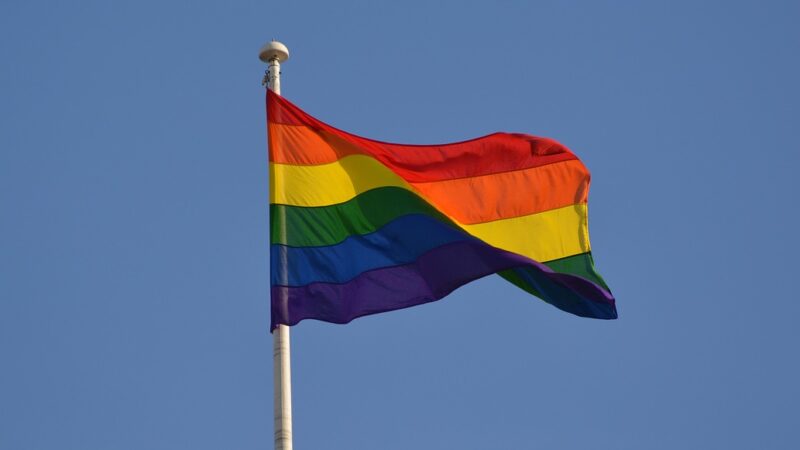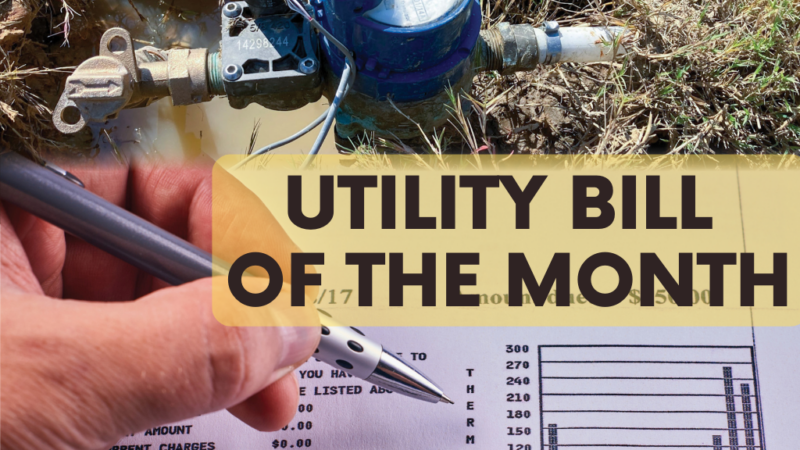UAB puts pause on IVF in wake of ruling saying frozen embryos are children
MONTGOMERY, Ala. (AP) — A large Alabama hospital has paused in vitro fertilization treatments Wednesday as health care providers weigh the impact of a state court ruling that frozen embryos are the legal equivalent of children.
The University of Alabama at Birmingham health system said in a statement that it must evaluate whether its patients or doctors could face criminal charges or punitive damages for undergoing IVF treatments.
“We are saddened that this will impact our patients’ attempt to have a baby through IVF,” the statement from spokeswoman Savannah Koplon read.
Other fertility treatment providers in the state were continuing to provide IVF.
The ruling by the all-Republican Alabama Supreme Court prompted a wave of concern about the future of IVF treatments in the state and the potential unintended consequences of extreme anti-abortion laws in Republican-controlled states. Patients called clinics to see if scheduled IVF treatments would continue, and providers consulted with attorneys.
Justices — citing language in the Alabama Constitution that the state recognizes the “rights of the unborn child” — said three couples could sue for wrongful death when their frozen embryos were destroyed in a accident at a storage facility.
“Unborn children are ‘children’ … without exception based on developmental stage, physical location, or any other ancillary characteristics,” Justice Jay Mitchell wrote in Friday’s majority ruling.
Mitchell said the court had previously ruled that a fetus killed when a woman is pregnant is covered under Alabama’s Wrongful Death of a Minor Act and nothing excludes “extrauterine children from the Act’s coverage.”
The ruling brought a rush of warnings about the potential impact on fertility treatments and the freezing of embryos, which had previously been considered property by the courts. Groups representing both IVF treatment providers and patients seeking fertility treatments raised alarm about the decision.
Patients were left wondering what that means for their futures.
Gabby Goidel, 26, who is pursuing IVF treatment in Alabama after three miscarriages, told The Associated Press that the court ruling came down on the same day she began daily injections ahead of egg retrieval.
“It just kind of took me by storm. It was like all I could think about, and it was just a very stressful thing to hear. I immediately messaged my clinic and asked if this could potentially halt us. They said we have to take it one day at a time,” Goidel said.
Barbara Collura, the CEO of RESOLVE: The National Infertility Association, told the AP Tuesday that the ruling raises questions for providers and patients, including if they can freeze future embryos created during fertility treatment or if patients could ever donate or destroy unused embryos.
The Alabama Supreme Court decision partly hinged on anti-abortion language added to the Alabama Constitution in 2018, stating it is the “policy of this state to ensure the protection of the rights of the unborn child.”
Eric Johnston, an anti-abortion activist and lawyer who helped draft the constitutional language, said the “purpose of that was more related to abortion.” He said it was intended to clarify that the Alabama Constitution does not protect the right to abortion and eventually laid the groundwork for Alabama to ban abortions when states regained control of abortion access.
“Modern science has raised up this question about well is a fertilized egg that is frozen — is that a person? And that’s the ethical, medical, legal dilemma that we’ve got right now. … It’s a very complicated issue,” Johnston said.
However, opponents of the constitutional amendment warned in 2018 that it was essentially a personhood measure that could give rights to fertilized eggs.
Gambling bill in doubt with three days left in the legislative session
Alabama lawmakers are coming down to the finish line for this year’s legislative session. Many bills await passage, but perhaps the biggest one up in the air is a lottery and gambling bill.
Pro-Palestinian demonstration draws counter-protest at University of Alabama
Students gathered demanding the school call for a permanent and immediate ceasefire and to push the school to sever ties with defense contractor Lockheed Martin.
A new Statehouse and related projects will cost about $400 million
The Alabama Legislative Council, a 20-member panel comprised of legislative leaders and their appointees, approved the construction of the new Statehouse last year. The panel was given an update on the project on Wednesday.
New pilot program will offer housing, resources to people leaving prison
The Birmingham Reentry Alliance will provide wrap around services to dozens of men and women adjusting to life after prison.
Alabama committee advances ban on LGBTQ+ pride flags in classrooms
The Senate Education Policy Committee voted 5-2 for the House-passed bill, putting the proposal in line for a possible final passage in the last four days of the legislative session.
A New Orleans garden paid hundreds of dollars in fees for a sewer that doesn’t exist
Galvez Garden owner Lissie Stewart has been fighting the New Orleans Sewerage and Water Board over inaccurate billing for years.
